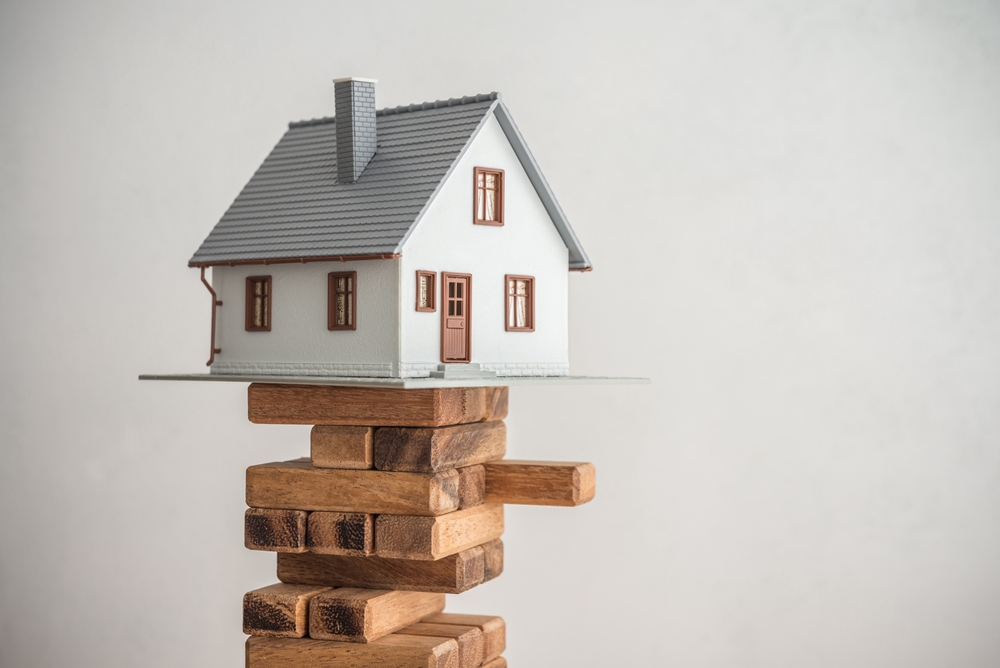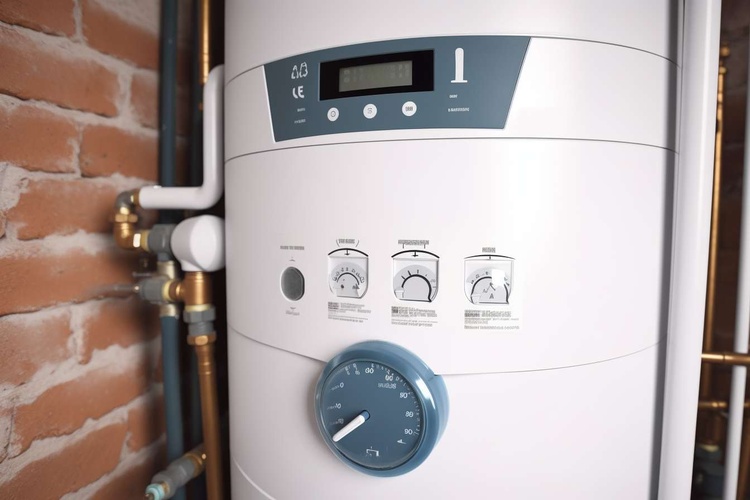Understanding Home Value: A Comprehensive Guide
Your home is likely the largest investment you'll ever make. Whether you're planning to sell, refinance, or simply want to know where you stand financially, understanding your property's value is essential. Home value isn't just a number—it's a dynamic assessment influenced by numerous factors that can significantly impact your financial decisions. This guide explores the importance of home valuation, what affects it, and how you can accurately estimate what your property is worth in today's market.

Why Is Estimating Your Home’s Value Important?
Knowing your home’s value serves multiple critical purposes. First, it helps you determine your equity position—the difference between your home’s market value and what you owe on your mortgage. This equity can be leveraged for home improvement loans, debt consolidation, or funding major life expenses like education. For sellers, an accurate valuation ensures you don’t leave money on the table or price yourself out of the market. For buyers, understanding property values helps negotiate fair prices.
Additionally, property value assessments affect your property taxes, insurance premiums, and potential refinancing opportunities. If you’re considering home improvements, knowing which renovations will add the most value to your property can help prioritize your investments. In essence, your home’s value touches nearly every aspect of your financial life as a homeowner.
What Factors Influence Home Value?
Home values don’t exist in a vacuum—they’re determined by a complex interplay of factors. Location remains the single most influential element, with neighborhood desirability, school district quality, proximity to amenities, and local crime rates all playing significant roles. Market conditions, including supply and demand dynamics and interest rates, create the economic environment in which your home is valued.
Physical characteristics matter tremendously: square footage, lot size, number of bedrooms and bathrooms, and overall condition affect valuation directly. Recent upgrades and renovations can boost value, particularly kitchen and bathroom remodels, which typically offer the highest return on investment. Energy efficiency features like solar panels or upgraded insulation are increasingly valued by today’s buyers.
External factors beyond your control also impact value. These include local economic conditions, job market health, new development projects, and even climate change considerations in certain regions. Understanding these factors helps explain why similar homes can have vastly different values depending on their specific circumstances.
How Can You Estimate Your Home’s Value?
Several methods exist for estimating home value, each with different levels of accuracy and cost. The gold standard remains a professional appraisal, conducted by a licensed appraiser who physically inspects your property and compares it to recent similar sales. While this typically costs $300-700, it provides the most authoritative valuation.
Comparative Market Analysis (CMA) performed by a real estate agent offers another reliable option. Agents use their market knowledge and access to Multiple Listing Service (MLS) data to evaluate your home against comparable properties. This service is often provided free to potential sellers.
For DIY approaches, you can research recent comparable sales (“comps”) in your neighborhood through public records or real estate websites. Look for properties similar to yours in size, condition, and features that sold within the past six months. Adjusting for differences between these properties and yours can help approximate your home’s value.
What Makes Online Home Value Estimators Popular?
Online home value estimators have gained immense popularity due to their convenience and immediate results. These automated valuation models (AVMs) use algorithms to analyze public data, including tax assessments, property records, and recent sales. Platforms like Zillow, Redfin, and Realtor.com offer free estimates that can be obtained within seconds.
The appeal of these tools extends beyond convenience. They provide anonymous assessment without the pressure of dealing with real estate professionals. They’re also useful for tracking value trends over time, allowing homeowners to monitor their investment without repeated professional appraisals.
Many online estimators now incorporate machine learning to improve accuracy over time. Some even allow homeowners to update information about renovations or improvements that public records might miss, potentially leading to more accurate valuations.
How Accurate Are Home Value Estimates?
The accuracy of home valuations varies widely depending on the method used. Professional appraisals typically come within 2-5% of actual market value but aren’t perfect predictors of what buyers will ultimately pay. CMAs from experienced local agents often provide similar accuracy, benefiting from the agent’s intimate knowledge of neighborhood trends.
Online estimators show the greatest variation in accuracy. While some companies claim median error rates of 1.9-7.9%, individual estimates can be off by 20% or more. Their accuracy depends heavily on data availability and quality in your area. Rural properties or unique homes typically receive less accurate online estimates than standardized homes in data-rich suburban neighborhoods.
To maximize accuracy, experts recommend using multiple valuation methods. Compare online estimates from different sources, consult with a local real estate agent, and consider a professional appraisal for major financial decisions. Remember that all estimates are snapshots in time—market conditions can change rapidly, affecting your home’s actual value.
Prices, rates, or cost estimates mentioned in this article are based on the latest available information but may change over time. Independent research is advised before making financial decisions.
Understanding your home’s value requires balancing art and science. While data and algorithms provide useful starting points, local market knowledge and professional expertise remain invaluable for accurate valuation. By combining multiple approaches and staying informed about market trends, you can develop a realistic picture of your property’s worth in today’s dynamic real estate market.




